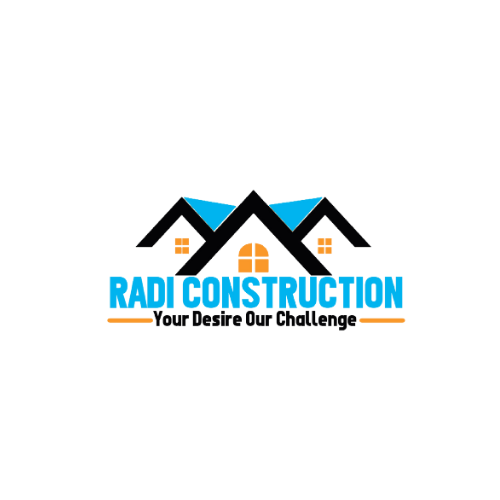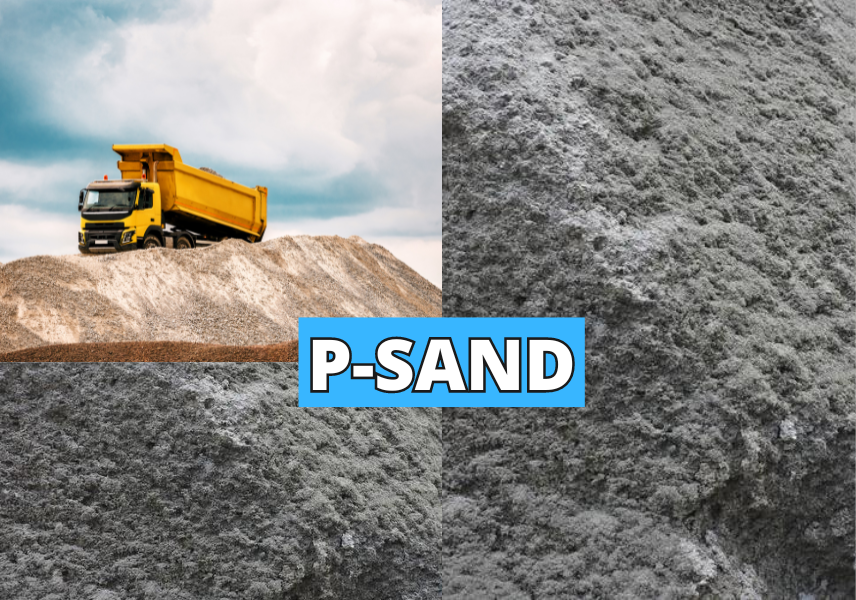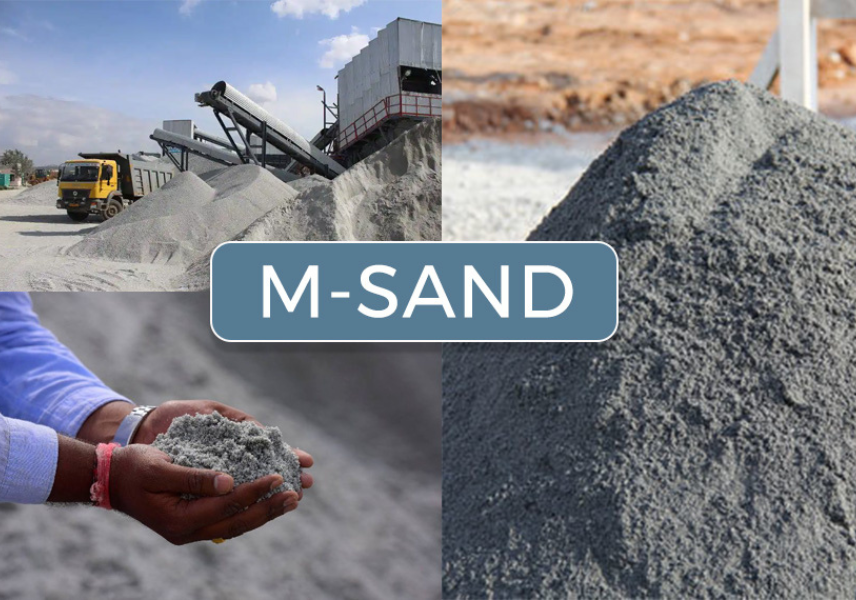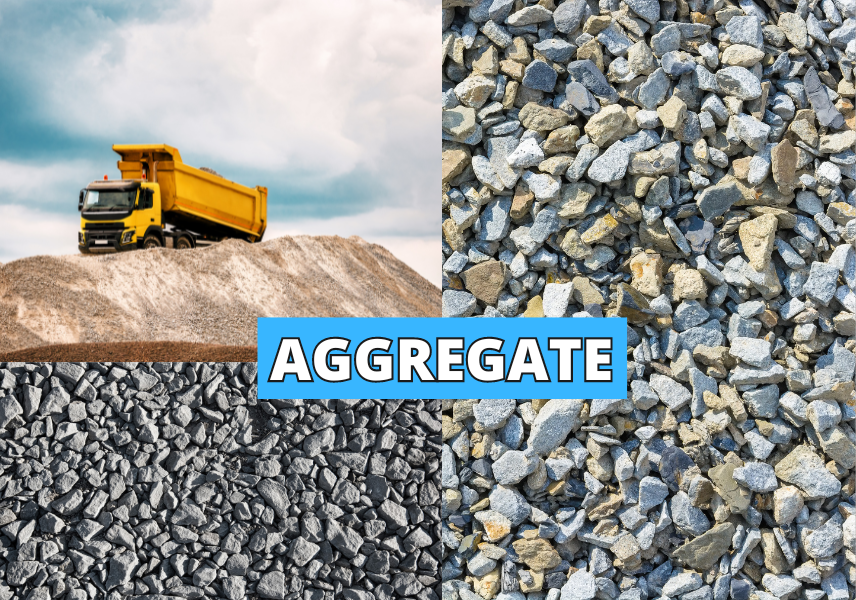Aggregate Stones in Bangalore
Aggregate stones, essential for construction, play a crucial role in Bangalore’s burgeoning infrastructure development. These stones, categorized into coarse and fine aggregates, are indispensable for creating concrete, building roads, and other construction activities. The prices of Aggregate stones price in Bangalore are subject to several influencing factors such as type, size, quality, demand, and supply chain logistics.Types of Aggregate Stones
1. Coarse Aggregates: Crushed Stone: Manufactured by mechanically crushing larger rocks, commonly used in concrete and road construction. Granite and basalt are preferred for their durability and strength. Gravel: Natural stones often sourced from river beds, rounded and smooth in texture. Blast Furnace Slag: A byproduct from steel mills, used in construction due to its strength and durability.
2. Fine Aggregates: Natural Sand: Sourced from river beds, used for its smooth texture and fine grain. Manufactured Sand (M-sand): Produced by crushing stones into fine particles, an alternative to natural sand.
Pricing Factors
1. Quality and Type:
High-quality granite or basalt aggregates are more expensive due to their superior strength.
Lower quality limestone or recycled aggregates are cheaper but may not offer the same durability.
2. Size:
Standard sizes such as 20mm, 12mm, and 6mm cater to different construction needs, with prices varying slightly by size.
3. Supply Chain Logistics:
Proximity to quarries reduces transportation costs, impacting the final price.
Efficient supply chains and availability of transport can stabilize prices.
4. Market Demand and Seasonal Variations:
Increased construction activity drives up demand and prices.
Monsoon seasons can disrupt quarrying and transport, causing temporary price increases.
1. Urbanization:
Bangalore’s rapid urban growth fuels demand for construction materials. Infrastructure projects, including metro expansion, commercial real estate, and residential developments, are major drivers of aggregate consumption.
2. Regulatory Environment:
Environmental regulations on quarrying activities impact operational costs. Obtaining licenses and adhering to environmental standards can increase costs.
3. Technological Advancements:
Improved quarrying and crushing technologies enhance production efficiency, potentially stabilizing prices.
Coarse Aggregates: Generally priced between ₹800 and ₹1,500 per ton.
Fine Aggregates (Sand): Natural sand ranges from ₹1,000 to ₹1,800 per ton, while M-sand is more economical at ₹700 to ₹1,200 per ton.
The price of aggregate stones in Bangalore is dynamic, influenced by quality, type, size, supply chain logistics, and market demand. As the city continues to grow, the demand for construction materials remains robust. By understanding these factors, buyers can make informed decisions, manage costs effectively, and ensure the quality of their construction projects. Regular market analysis, strategic purchasing, and choosing reliable suppliers are key to navigating the aggregate stones market in Bangalore successfully.
- Space Planning: Effective use of space, ensuring optimal functionality and flow.Layout and Traffic Flow: Consideration of how people move through the space, avoiding congestion.
- Scale and Proportion: Ensuring that furniture and decor are appropriately sized for the space.Color Scheme: Selection of colors to create the desired atmosphere and mood.
- Lighting Design: Incorporating various light sources for both practical and aesthetic purposes.Texture and Materials: Using different textures and materials to add depth and interest to the space.
- Furniture Selection: Choosing furniture that complements the design and serves its intended purpose.Personalization: Tailoring the design to the client's preferences and needs.



